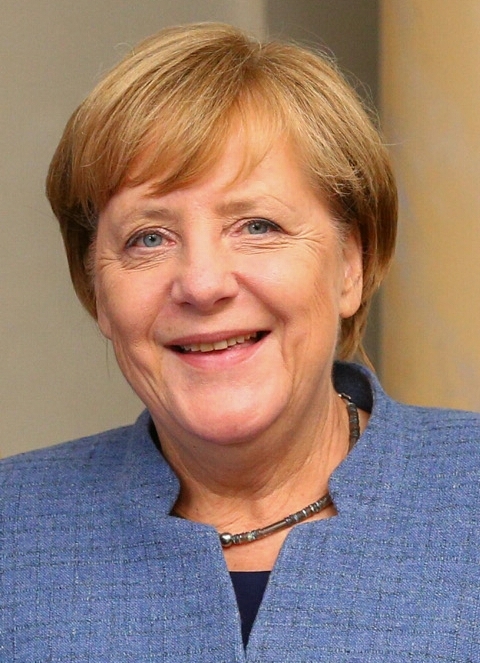First Past The Post.
It's the system whereby you split the country up into many constituencies and each constituency stands alone. The winner takes everything, ie, only one winner.
Proportional Representation is when the country is only one constituency, and everyone votes and you count all the votes then hand out seats based on the votes.
Germany votes twice on the same day, once for FPTP and once for PR.

en.wikipedia.org
In 2017 you can see just how bad FPTP is:
The CDU/CSU (equivalent of the Republicans) gained 37.27% of the vote. They got 231 seats out of 299 seats. That's about 77% of the seats.
The FDP got 7% of the vote and zero seats.
Die Linke got 8.55% of the vote and got 5 seats.
With PR the CDU/CSU got 32.93% of the vote. That's down nearly 5% because people didn't want to vote for them, but with FPTP they felt they had to vote for them, because they would have had a choice between them and the SPD (equivalent of the Dems). But with PR they could vote for whoever they like.
They got 246 seats out of 709 or 34.6% of the seats.
The FDP got 10.75% of the votes and 80 seats, or 11.25% of the seats.
Die Linke got 9.25% of the votes and 64 seats or 9% of the seats.
You can see the PR is much fairer.
The FDP instead of getting nothing because they could never get enough votes in one constituency to win the constituency, managed to get 11% of the seats. Literally nearly 11% of the country wanted them, but they'd have got nothing in a US style system simply because the system said "no".
Whereas the CDU/CSU didn't get a massive amount of seats just because they could just about win 77% of the constituencies, many of them without get a majority.
